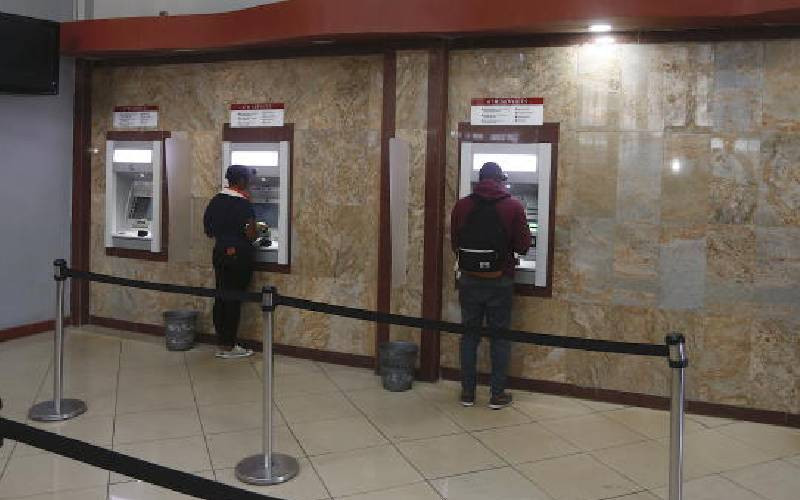×
The Standard e-Paper
Join Thousands Daily

The High Court in Nairobi has barred banks and mobile service providers from effecting money transfer charges.
Justice Mugure Thande ordered that lenders and telcos should wait until January 23 when a case filed by Moses Wafula will be heard.